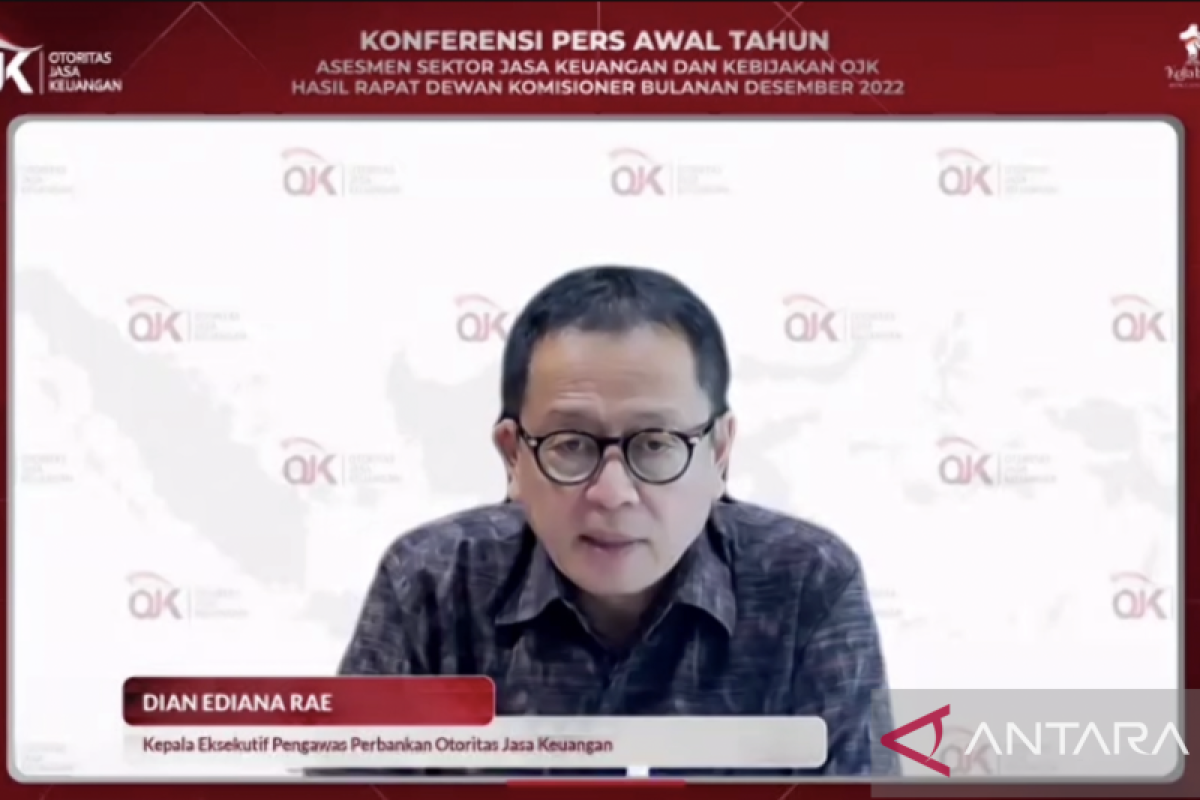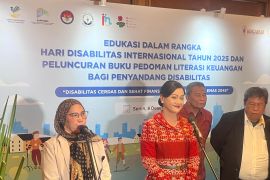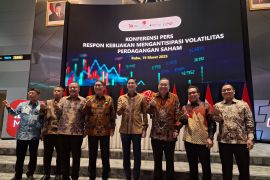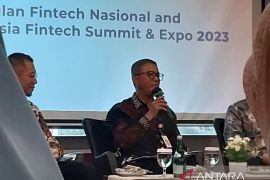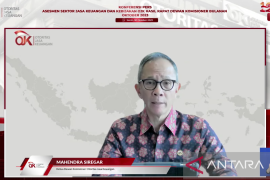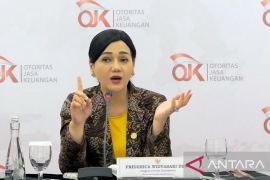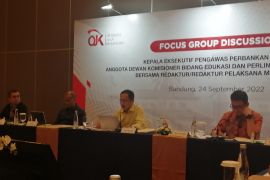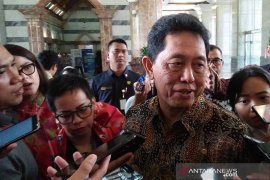"The OJK is optimistic that banking conditions will be maintained and will support national economic growth, although risks need to be watched out amid global uncertainty, which could impede economic growth," chief executive of banking supervision at OJK Dian Ediana Rae said in an official statement received here on Tuesday.
According to the OJK, in November 2022, bank loans grew 11.16 percent year on year (yoy) while third-party funds (DPK) swelled by 8.78 percent yoy.
The growth rate of credit and third-party funds exceeded the rate recorded prior to the pandemic, with maintained banking risk indicators. Good development in banking was also reflected in ample liquidity conditions, as reflected in the LA/NCD and LA/DPK ratios of 134.97 percent and 30.42 percent, respectively.
Bank capital was also relatively strong, with a capital adequacy ratio of 25.49 percent, and was believed to be able to withstand risks. Credit risk tended to decline, as reflected in the gross and net NPL ratios of 2.65 percent and 0.75 percent, respectively, while loans at risk were capped at 15.12 percent.
"The reduction in credit risk is partly due to the improved quality of restructured credit due to the impact of COVID-19," he pointed out.
Despite the current financial system stability, he warned that banks must be cautious of risks amid the global turmoil, which could compromise economic growth, such as the scarring effect of the COVID-19 pandemic, increased yields on commercial paper, potential depreciation of the rupiah, and decreased liquidity.
The OJK will gear future banking policies toward the improvement of banking regulation and supervision as well as the development of a healthy, efficient banking industry with integrity.
"OJK will continue to improve the early warning system supported by information technology so that it can detect financial problems and other aspects earlier and take early supervisory measures before these problems drag on and become (serious)," he said.
It will also continue banking consolidation, particularly that of sharia banking, Regional Development Banks, and rural banks.
This would be pursued through the establishment of Integrated Bank Business Groups (KUB), with large banks serving as holding banks that can meet liquidity and capital needs and form synergy for developing banking products and services, improving governance and infrastructure on technology and human resources, as well as increasing the customer base.
Related news: Banking industry must be more supportive of MSMEs development: Jokowi
Related news: No banks liquidated in 2022 indicates healthy economic recovery: LPS
Related news: Over 22 million MSMEs use QRIS: BI Governor
Translator: Kuntum Khaira R, Mecca Yumna
Editor: Azis Kurmala
Copyright © ANTARA 2023
